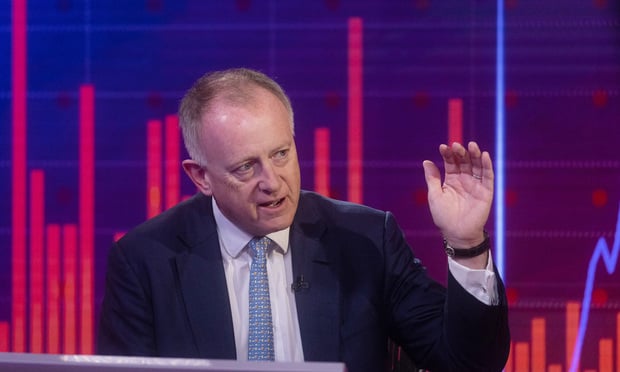NU Online News Service, Jan. 27, 4:05 p.m. EST
The danger of political and credit risk losses has surged as the global economic crisis takes a toll on world economies, according to an analysis by Aon Corp.
The Chicago-based insurance brokerage released its 17th annual Political and Economic Risk Map for 2010, and company executives said they are reevaluating political and credit risks in a number of countries after a 2009 spike in such claims.
Miles Johnston, director of Aon's Political Risk team, said during a conference call today that "the rising risk levels in 2009 have led to a significant volume of political and risk claims in [the] international insurance market, which in turn has driven the downgrade of those countries."
Roger Schwartz, senior vice president of Aon Trade Credit, said that while nine countries were upgraded, 18 received downgrades. Sudan, Venezuela and Yemen were moved into the very high category, joining Afghanistan, Congo Democratic Republic, Iran, Iraq, North Korea, Somalia and Zimbabwe.
Mr. Johnston said two examples of the type of claims insurers face are illustrated in Ghana and Ukraine, where bank defaults or breach in contracts has led to a shift in risk grade.
In the Ukraine, insurers have paid $50 million for private bank losses, and that is expected to rise significantly by the second quarter of this year.
In Ghana, state-owned oil refineries defaulted on $600 million in debt. While much of that is internal, he noted, so far $50 million has been paid by insurers for oil import contacts, and notifications of loss are still pending.
Mr. Johnston said that Lloyds has $500 million in claims notification waiting on political and credit risk as of Nov. 2009, all stemming from the private sector defaults in the Ukraine that can be traced to the global financial crisis.
That number could rise to $750 million this year, he said.
Lloyds was reported to have paid out $50 million, but those payments are expected to rise significantly by the second quarter of 2010, according to Aon.
Mr. Johnston said Lloyds believes the notifications have peaked, but the full extent of the Ukraine loss is unknown.
Mr. Johnston said Lloyds is only a portion of the insurance assets underwriting this market. He said the Berne Union, an international association of credit and investment insurers, have paid an average of $500 million in claims in each of the last two years. The figures for 2009 are not yet available, but the expectation is there will be a major increase in notifications.
He noted that there is lag time between occurrence and the claim reaching insurance markets because there is a 180-to-360-day waiting period trigger. The purpose of the waiting period is to allow the parties time to work out their differences before it becomes an insurance loss.
Want to continue reading?
Become a Free PropertyCasualty360 Digital Reader
Your access to unlimited PropertyCasualty360 content isn’t changing.
Once you are an ALM digital member, you’ll receive:
- Breaking insurance news and analysis, on-site and via our newsletters and custom alerts
- Weekly Insurance Speak podcast featuring exclusive interviews with industry leaders
- Educational webcasts, white papers, and ebooks from industry thought leaders
- Critical converage of the employee benefits and financial advisory markets on our other ALM sites, BenefitsPRO and ThinkAdvisor
Already have an account? Sign In Now
© 2025 ALM Global, LLC, All Rights Reserved. Request academic re-use from www.copyright.com. All other uses, submit a request to [email protected]. For more information visit Asset & Logo Licensing.








